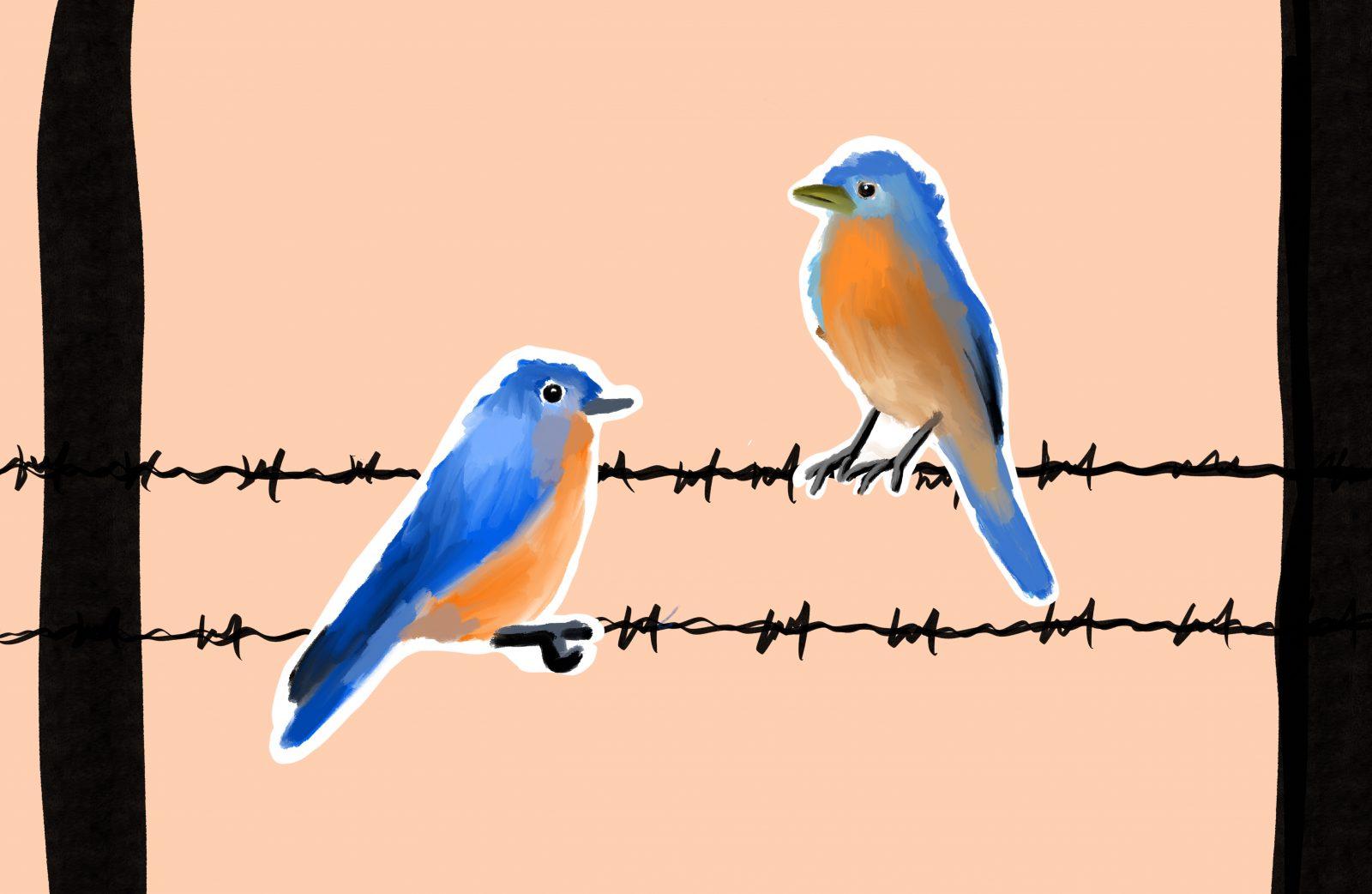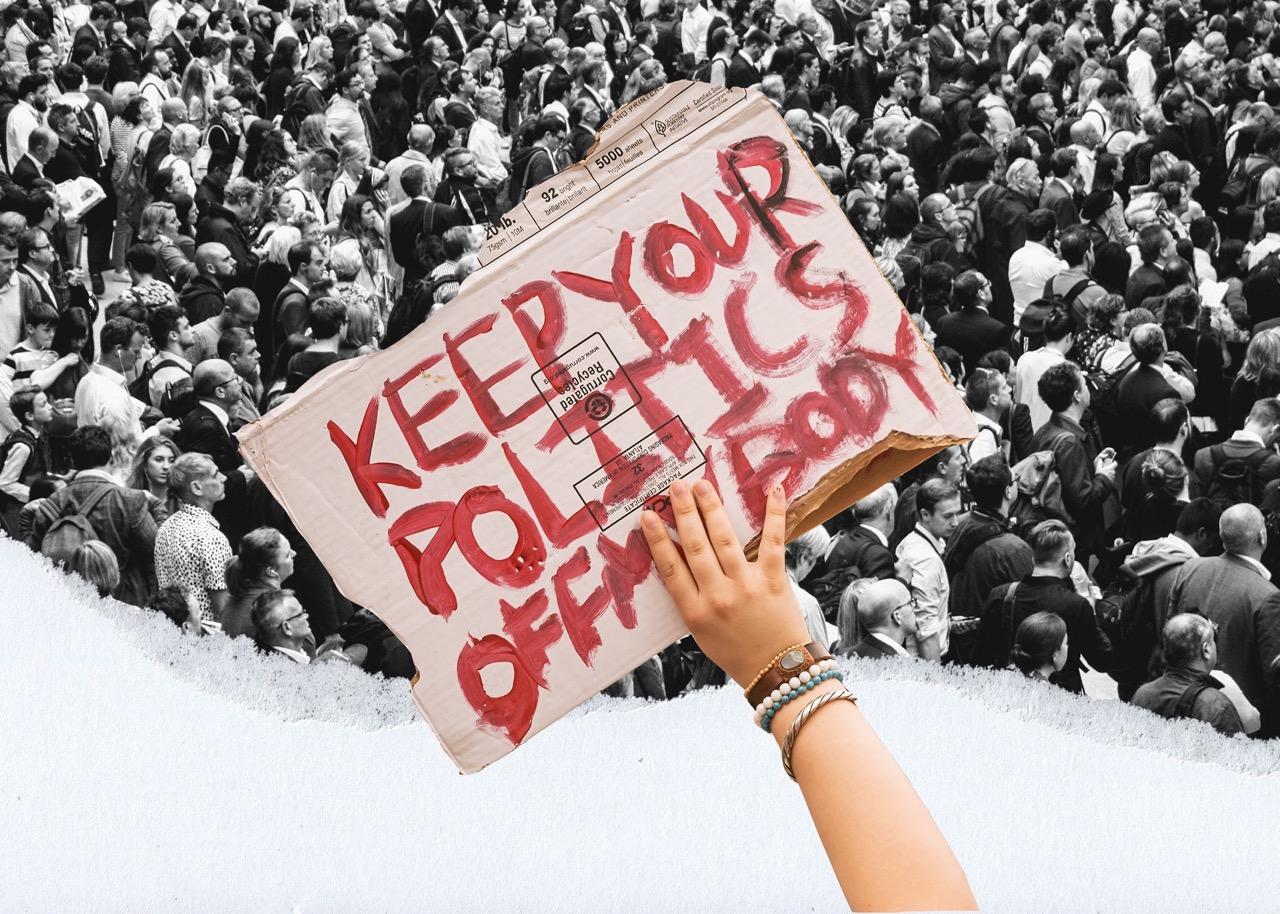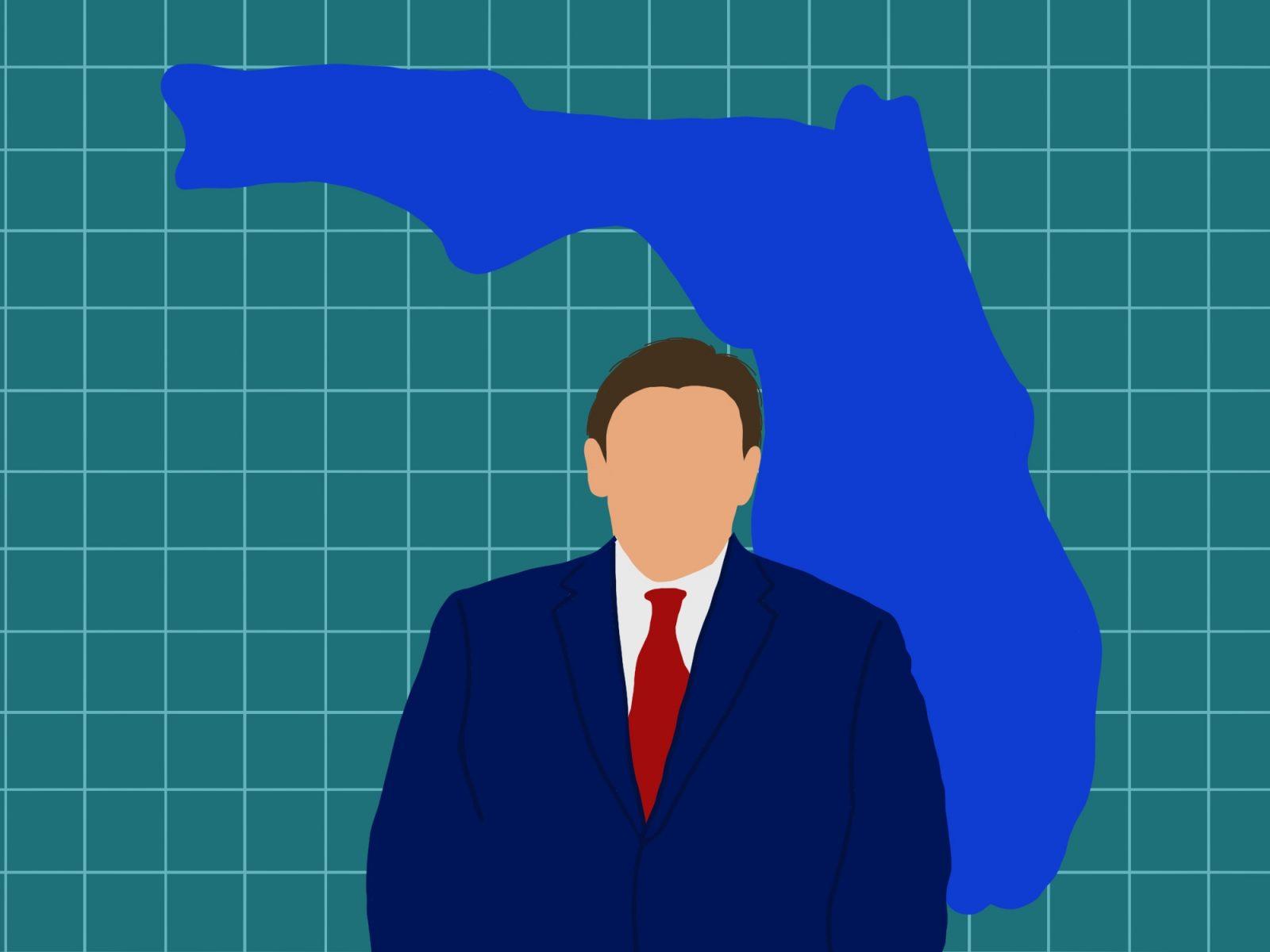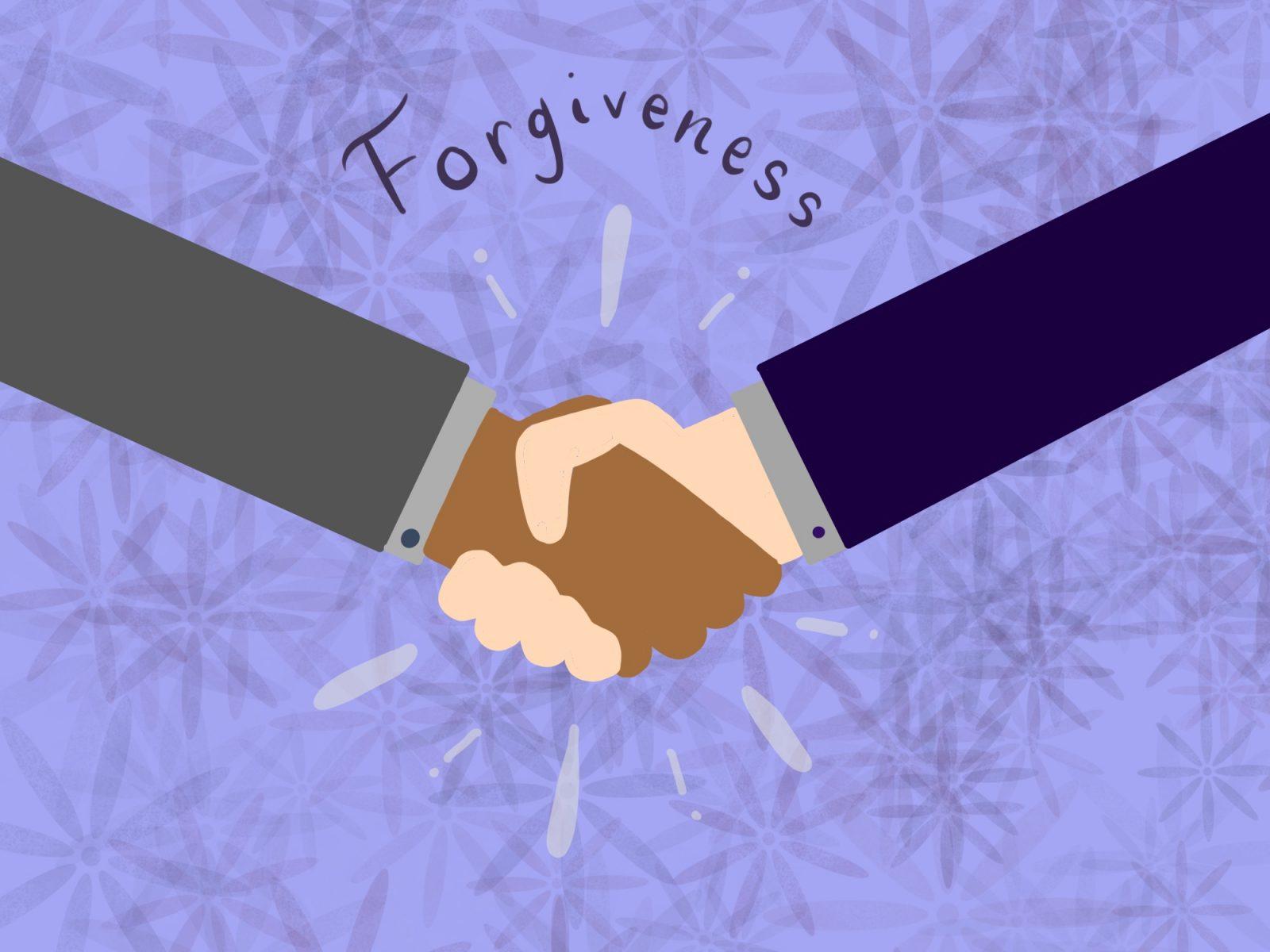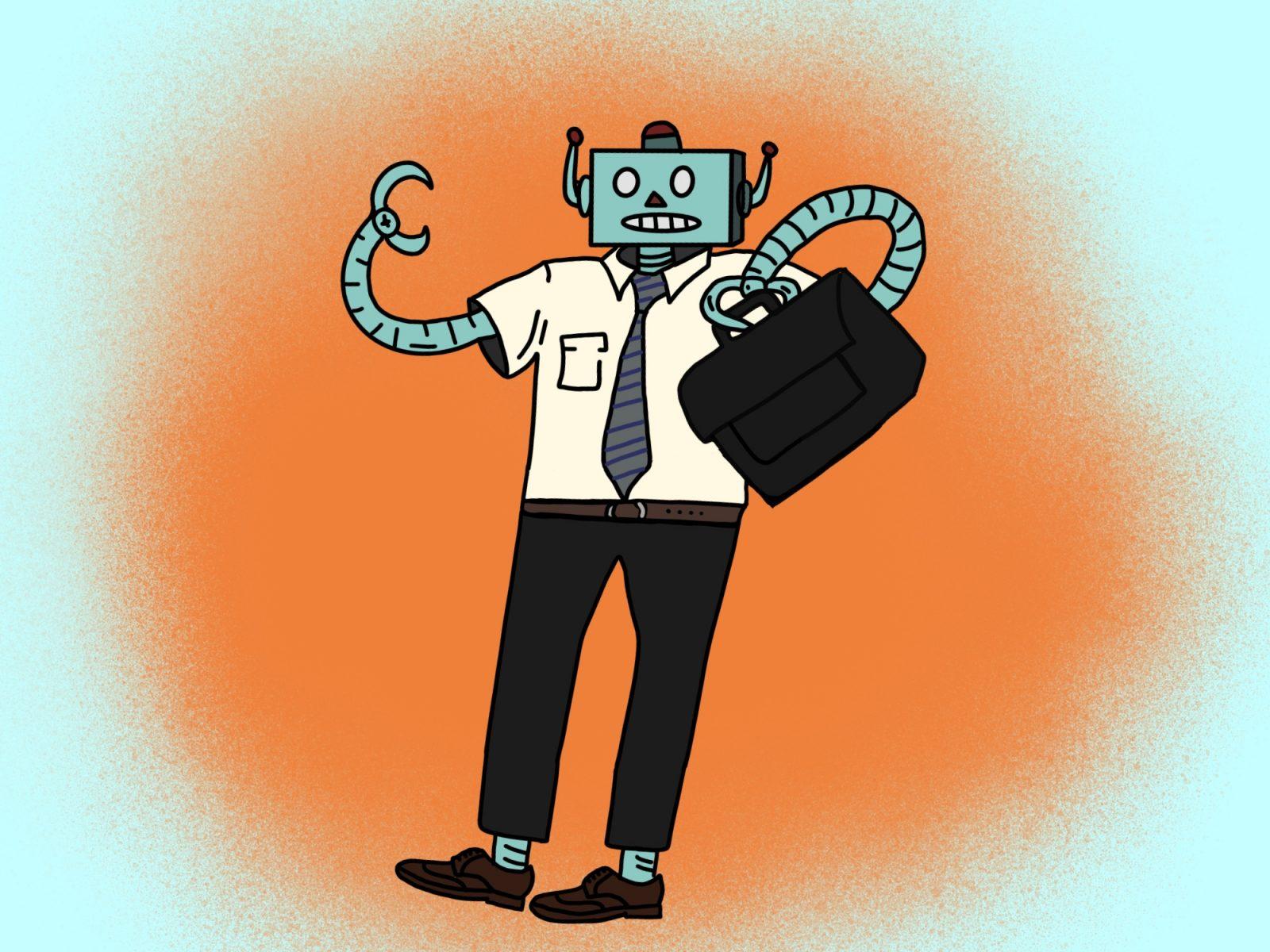Content Warning: This article discusses violence and harm against Indigenous communities and genocide.
This past week, millions of Americans celebrated the national holiday Thanksgiving, which is heralded as an autumnal, cozy celebration of abundance for families to gather together and relish in each other’s company.
But the tradition of Thanksgiving is also one that is rooted in falsehoods and racism — a fabrication of interracial harmony.
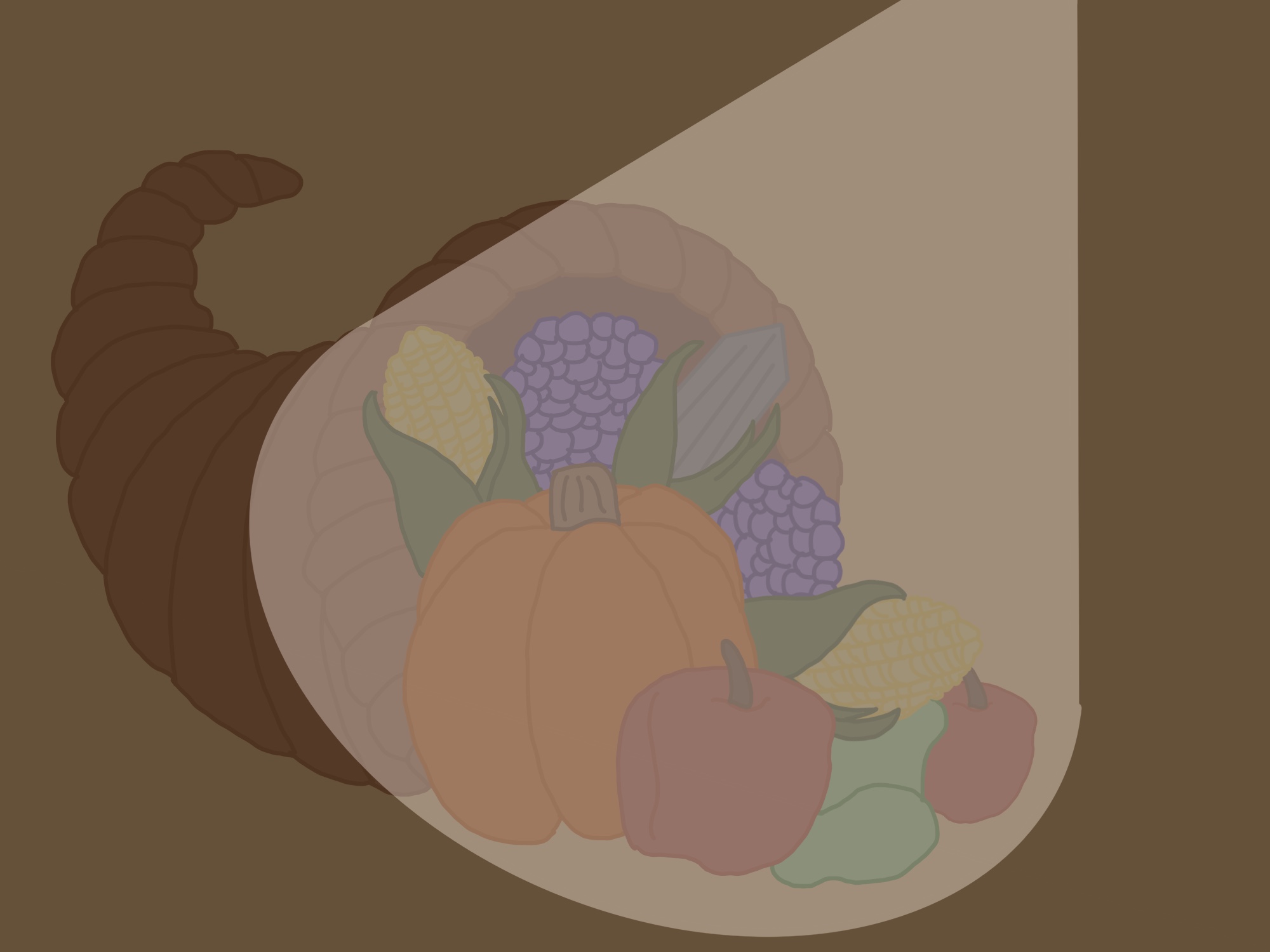
I don’t advocate for the abolition of Thanksgiving, but it is imperative Americans understand the truth behind the holiday. The real story of Thanksgiving is grim and haunting — it was conceived in a time that sparked the legacy of anti-Indigenous racism and genocide that still seriously impacts and harms Indigenous communities today.
The true story of Thanksgiving comes from Wampanoag leader Ousameguin’s intentional call for an alliance with English colonizers to help his weakened, disease-ridden tribes fight off neighboring Indigenous tribes.
In fact, Thanksgiving didn’t become mainstream until decades later, namely when former President Abraham Lincoln declared Thanksgiving a holiday during the Civil War to promote national unity.
What’s also missing from the popular, accepted story of Thanksgiving is its ending.
The Wampanoag and pilgrims did not live happily ever after, in bounty and harmony, sharing fruits of the earth and respecting each other’s cultures and traditions. The reality is, Thanksgiving represents one of the igniting events that lead to the end of Indigenous peace and sovereignty in North America.
In between the roughly 400 years from the first contact with North America and the 20th century, millions of Indigenous people had died. Europeans spurred vicious wars against tribes that led to massive population declines and spread diseases, such as smallpox, which ravaged Indigenous communities.
This rapid decline in the Indigenous population did not dissuade the English from their conquest of North America or their stubborn faith in colonialism. As early as 1637, Massachusetts Colony Gov. John Winthrop declared another “Thanksgiving” festival to celebrate the genocide of 700 Pequot people.
It is unfathomable that many Americans still partake in this bloodsoaked tradition — essentially celebrating genocide — without thinking critically and mournfully about the ways colonization has damaged Indigenous communities to this very day.
The oppression of the Indigenous community still lives on in powerful and prevalent ways, from cultural decay to economic disparities to bodily and spiritual discrimination.
The cultural practices of many Indigenous peoples have been completely erased, with only 20 Indigenous languages predicted to be spoken in 2050 when there were once much more than 300 in the past, according to the Indigenous Language Institute.
Indigenous people possess nearly double the national unemployment rate and also have a low average life expectancy. According to the 2018 U.S. Census, Indigenous people also have the highest levels of poverty of any minority group.
Indigenous people are also incarcerated at much higher rates than white Americans. Their reservations are often used as dumping grounds for nuclear waste, and they have had their religious practices either denied or infringed upon by the U.S. government for centuries.
To ignore this persecution — this suffering — to dress children up as pilgrims and caricatures of Indigenous people and to celebrate Thanksgiving without recognizing the mournful legacy it represents is almost unconscionable.
Indigenous people did not want to cede this country to the English — colonizers stole it. Indigenous people are now prisoners of their own land, chained by centuries of genocide and neglect, living lives that are very often stained with addiction, incarceration and poverty due to systemic oppression.
It should be the duty of Americans on every fourth Thursday of November to teach the true history of Thanksgiving, to grieve all that was lost to European conquest and to give back to local Indigenous communities.
Christians also have an imperative mission of their own — to offer contrition and reparations for the harm our members and leaders of our faith caused.
An immense number of Indigenous people were forced to convert to Christianity, banned from practicing their own sacred traditions, and even had their children taken away and forcibly assimilated into white, Christian culture at Catholic residential schools.
As painful and difficult as it is to reconcile that dark history with a faith we cherish, it is necessary. If we feel sorrow and horror at what our forebears committed against Indigenous communities, imagine the even more agonizing sorrow and personal horror that the Indigenous community felt when their lives and faiths were stolen from them — and remember, too, how that ancestral story of pain and loss has impacted Indigenous people living today.
We should all then channel that empathy into supporting our Indigenous neighbors instead of blindly enjoying a holiday that celebrates the massacre — stealing millions of lives and eons of culture — of an entire people.


















































































































